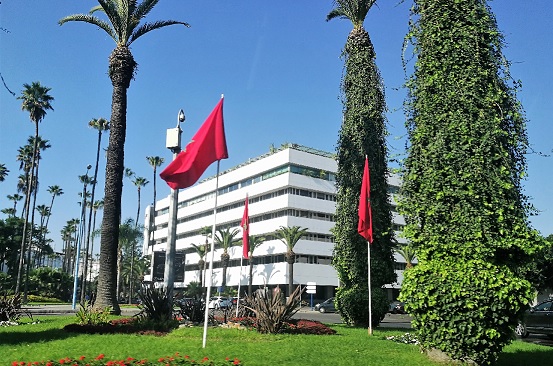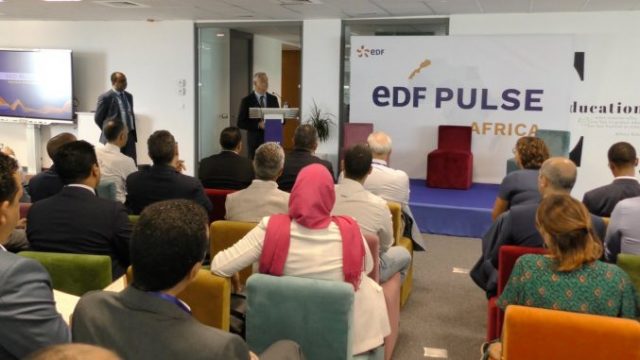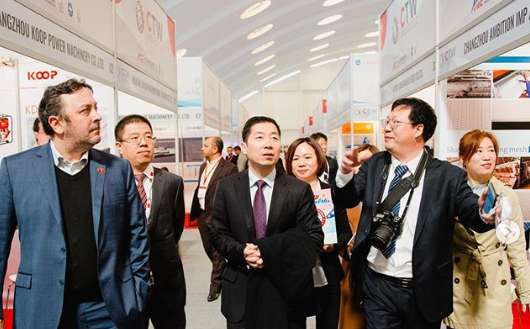Morocco was the number one customer of Chinese tea last year, importing 77,600 tonnes....
Rabat – As China pushes to expand overseas through its Belt and Road Initiative, it has found particular success in Morocco, which has become the main importer of Chinese tea.
When the Chinese tea company Jinli opened a branch in Mohammedia, Morocco, it was the first Chinese tea company in Africa. Now established with 80 employees and two packaging plants, the company is a signal of China’s growing presence in North Africa.
Morocco is by far the largest market for Chinese tea. In 2018, Morocco imported 97% of its tea from China, according to statistics from the International Trade Center
According to the same statistics, Morocco’s imports of Chinese tea, which stood at 77,600 tonnes in 2018, made up almost a quarter of China’s total tea exports in the same period.
Morocco’s Chinese tea imports have been steadily increasing since 2001, picking up in recent years. Tea is an important export for China, valued $1.79 billion in 2018, a 40% increase since 2014.
For Jinli, Morocco is just the beginning.“Our main products are still for export, so we went to Morocco and thought we must open the western Africa[n] market through the country,” Jinli chief executive Wang Qimao told the South China Morning Post this week.
According to a work report from Jinli, the private equity fund China-Africa Development Fund (CAD Fund) held 49% of shares of Jinli’s Morocco branch until last year. The fund is the investment arm of the China Development Bank, a Chinese government bank driving China’s development projects within and without the country.
The CAD Fund is one of many Chinese projects that has strived to build economic ties between China and Africa. The continent, particularly East and North Africa, forms an important part of China’s Belt and Road Initiative (BRI), an ambitious and far-reaching development strategy aiming to create a new “silk road” through extensive investment and infrastructure projects overseas.
Morocco and China have strengthened ties in recent years, signing a $140 million deal in March for public projects following a 2017 agreement on Morocco’s involvement in the BRI.
That same month, the mayor of Essaouira traveled to Shengzou, China, to take part in the International Shengzou Tea Conference, again making tea the symbol of growing Chinese-Moroccan relations.




